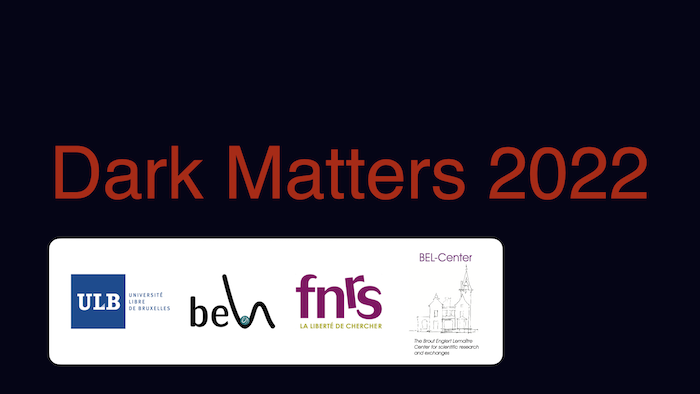Speaker
Description
A promising probe to unmask particle dark matter is to observe its effect on neutron stars,
the prospects of which depend critically on whether captured dark matter thermalizes in a timely
manner with the stellar core via repeated scattering with the Fermi-degenerate medium. In this
talk I will estimate the timescales for thermalization for multiple scenarios. These include: (a) spin-0
and spin-1/2 dark matter, (b) scattering on non-relativistic neutron and relativistic electron targets
accounting for the respective kinematics, (c) interactions via a range of Lorentz-invariant structures,
(d) mediators both heavy and light in comparison to the typical transfer momenta in the problem.
Analytic behavior of the thermalization time is discussed, as a function of the dark matter and
mediator masses, and the stellar temperature. Finally, parametric ranges where both
stellar capture is efficient and thermalization occurs within the age of the universe are identified.
For dark matter that can annihilate in the core, these regions indicate parametric ranges that can be probed by
upcoming infrared telescopes observing cold neutron stars.
